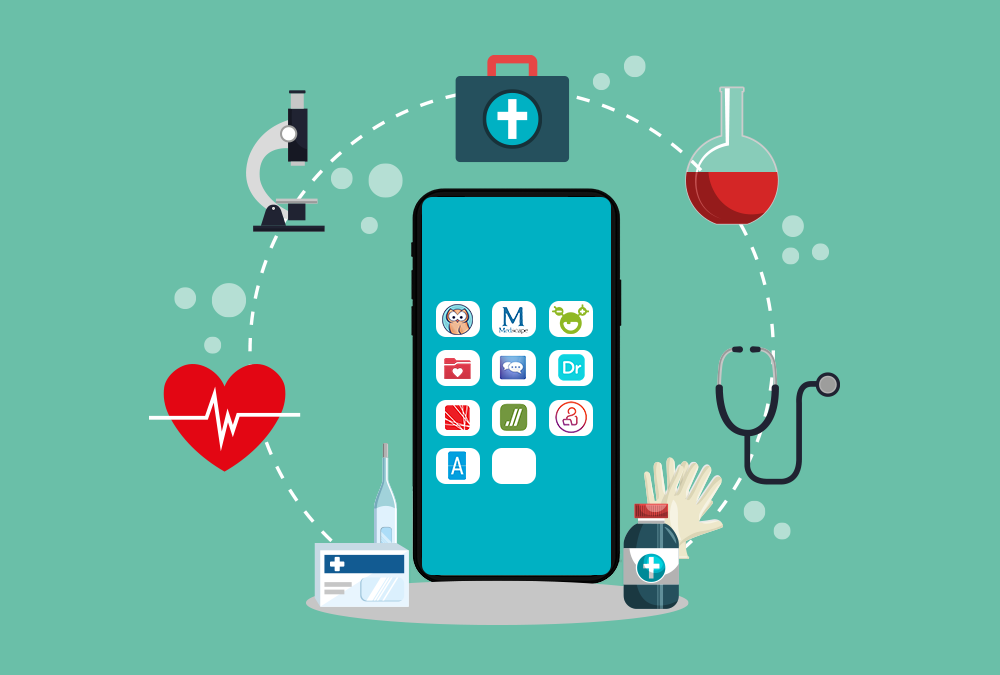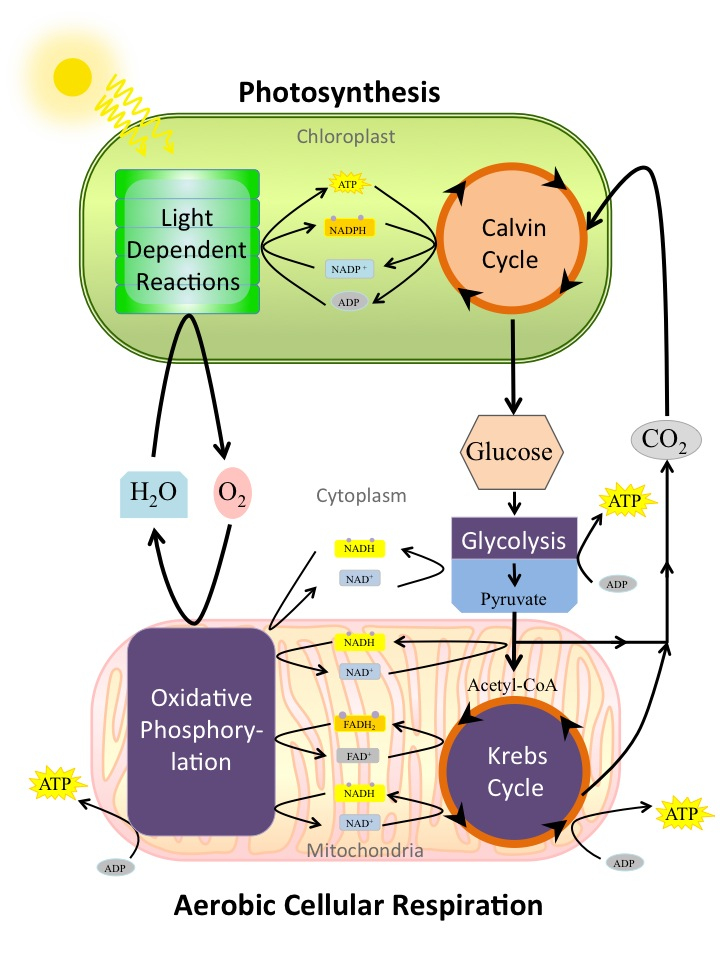Healthcare apps are revolutionizing the way patients manage their health, providing customized support through innovative technology. These digital tools harness the power of algorithmic interventions, enabling personalized healthcare experiences that adapt to individual needs. From cancer support apps designed to assist with medication adherence to digital health coaching platforms that encourage healthy behaviors, the landscape of mobile health applications is rapidly expanding. With advancements like reinforcement learning, these apps offer real-time feedback and motivation, ensuring users stay on track with their health goals. As the demand for effective health management solutions continues to rise, healthcare apps are emerging as essential tools for patients navigating complex medical journeys.
Mobile health solutions, commonly referred to as digital wellness tools, offer users the opportunity to take charge of their medical care with unprecedented ease. These sophisticated platforms, often tailored for specific demographics such as those undergoing cancer treatment or looking to reduce reliance on substances like cannabis, employ cutting-edge algorithms for dynamic interaction. Utilizing personalized strategies, they adapt to each user’s unique situation through machine learning techniques, creating an engaging and supportive environment. By prioritizing the user’s needs and circumstances, these applications not only facilitate better health outcomes but also foster a sense of empowerment and self-management. As technology continues to evolve, the future of personal health monitoring appears brighter than ever.
The Role of Healthcare Apps in Patient Support
Healthcare apps are revolutionizing the way patients manage their treatment and stick to protocols. Utilizing cutting-edge algorithms and artificial intelligence, these applications provide personalized healthcare solutions tailored to individual needs. For instance, in the context of cancer recovery, apps can monitor patient progress, remind users about medication schedules, and even offer psychological rewards to enhance adherence. By addressing specific challenges faced by patients, these apps aim to improve treatment outcomes and empower individuals to take charge of their health.
Furthermore, healthcare apps broaden the spectrum of patient support, progressing beyond traditional methodologies. By continually learning from user behavior through reinforcement learning, they can adjust their interventions based on real-time data. This adaptability ensures that patients receive support precisely when they need it, significantly enhancing their journey towards recovery. As a result, technology is becoming an indispensable tool in the healthcare landscape, fostering a more engaged and proactive patient population.
Algorithmic Interventions for Personalized Healthcare
Algorithmic interventions are key to creating customized healthcare experiences that resonate with users. Rather than relying on generic advice, advanced algorithms analyze data patterns and user behavior to provide tailored recommendations. In practical applications, such as those designed for cancer patients, these interventions can proactively address medication management by adjusting reminders according to patient needs and circumstances. This personalization not only improves adherence to protocols but also enhances the overall patient experience.
Moreover, algorithmic interventions are significantly reshaping the way healthcare is delivered. They enable healthcare providers to develop innovative strategies that can handle the unique challenges each patient faces. By leveraging vast amounts of data, these algorithms can identify the most effective methods for supporting individuals, whether through medication adherence or lifestyle changes. Consequently, technology offers remarkable potential to transform traditional healthcare into a more dynamic, responsive, and supportive environment.
Reinforcement Learning in Digital Health Coaching
Reinforcement learning is a powerful technique that underpins many modern digital health coaching apps. By implementing a framework that learns from each interaction, these applications personalize coaching strategies to fit individual user profiles. For instance, in the development of a cancer support app, algorithms can determine the optimal times to deliver motivational prompts or reminders based on previous patient engagement. This dynamic reaction to user behavior ensures higher adherence rates and a more positive health trajectory.
Importantly, reinforcement learning not only enhances user engagement but it also fosters a sense of autonomy and empowerment among patients. With tailored suggestions and reminders that consider individual circumstances, patients feel more in control of their health journey. Digital health coaching, therefore, not only addresses the immediate needs of individuals but also builds a supportive framework that encourages proactive health management, making it an essential tool for modern healthcare.
Cancer Support Apps: Tailored Solutions for Patients
Cancer support apps play a pivotal role in helping patients navigate the complexities of their treatment. By offering tailored solutions that consider the unique challenges of recovery, these applications empower individuals to manage their health more effectively. For example, a cancer patient can benefit from an app that not only tracks medication adherence but also provides educational resources and emotional support through community features. This holistic approach encourages patients to remain engaged and informed throughout their journey.
Additionally, these apps harness the power of technology to foster relationships between patients and their caregivers. By integrating features that promote communication and collaboration, the apps enhance the network of support available to patients, addressing the emotional and practical aspects of cancer recovery. The integration of such functionalities exemplifies how cancer support apps are evolving into comprehensive tools that address both physical and psychological needs, ultimately contributing to better health outcomes.
The Importance of Behavioral Insights in Healthcare Apps
Incorporating behavioral insights into healthcare apps is crucial for enhancing user engagement and adherence. Understanding the motivations and challenges of patients allows app developers to create strategies that resonate with their users. For instance, behavioral insights can inform the design of motivational reminders or rewards that align with the users’ values and goals, thus increasing the likelihood of positive health behaviors.
Moreover, leveraging behavioral science in app development fosters greater user compliance and satisfaction. By providing features that are not only functional but also psychologically aligned with users’ needs, healthcare apps can create a supportive environment that encourages patients to follow through with treatment protocols. This focus on behavioral insights helps bridge the gap between technology and user experience, making healthcare apps a vital part of patient self-management.
Digital Health Coaching: A New Frontier
Digital health coaching represents an innovative shift in how patients access support and information tailored to their unique health journeys. Unlike traditional models of care, digital health coaching utilizes technology to deliver personalized advice and reinforcement at critical moments. This method is particularly empowering as it allows patients to receive guidance based on their specific behaviors and preferences, contributing to a more meaningful healthcare experience.
The effectiveness of digital health coaching lies in its ability to adapt to the ever-evolving needs of patients. As users interact with the app, it learns from their responses, enabling it to provide increasingly relevant and timely support. This dynamic relationship not only enhances adherence to treatment but also inspires a sense of accountability, encouraging patients to take an active role in their health management. As such, digital health coaching holds great promise for improving patient outcomes in a variety of health contexts.
Creating Effective Cannabis Support Apps
With the growing popularity of cannabis among various demographics, creating effective cannabis support apps has become essential for individuals seeking to manage their use responsibly. These apps can employ algorithms that track usage patterns and provide insights into how cannabis affects users’ daily lives. By offering personalized feedback and support, these applications facilitate healthier habits and reduce the risk of dependency.
Moreover, cannabis support apps can integrate features that foster community support among users. By connecting individuals who share similar goals, such as reducing usage or altering consumption patterns, the apps create a supportive network that enhances accountability. This collaborative element can significantly improve the efficacy of interventions aimed at healthier cannabis use, ultimately transforming how individuals approach their relationship with the substance.
Integrating Technology into Personalized Healthcare
Integrating technology into personalized healthcare is revolutionizing patient experiences and outcomes. By utilizing data-driven insights and advanced algorithms, healthcare apps are capable of delivering tailored interventions that address individual patient needs. This personalization fosters greater adherence to treatment protocols and enhances user satisfaction, as patients receive support that aligns closely with their unique health journeys.
Additionally, the integration of technology facilitates ongoing adjustments to healthcare plans. As users interact with their healthcare apps, the algorithms continuously learn from their behaviors and preferences, ensuring that the support provided remains relevant and impactful. This adaptability not only encourages consistent engagement but also empowers patients to take ownership of their health, making technology an indispensable ally in the pursuit of better health outcomes.
The Future of Digital Health: Challenges and Opportunities
The future of digital health is poised to be both exciting and challenging as technologies evolve and reshape the healthcare landscape. One of the primary obstacles lies in ensuring that these technologies remain accessible to a broad population, particularly among underserved communities. Addressing disparities in access is crucial to harnessing the full potential of digital health solutions and ensuring that benefits reach those who need them most.
Conversely, opportunities abound as further advancements in artificial intelligence and machine learning offer unprecedented possibilities for enhancing patient care. As digital health tools become increasingly sophisticated, they can provide more accurate predictions and tailored interventions, ultimately leading to improved health outcomes. By focusing on both the challenges and opportunities, the future of digital health can pave the way for a more inclusive, effective, and personalized healthcare experience.
Frequently Asked Questions
What are healthcare apps and how do they benefit cancer patients?
Healthcare apps, particularly designed for cancer patients, utilize advanced technologies like personalized healthcare algorithms to provide tailored support. These apps help patients manage medication regimens and adhere to treatment protocols, significantly improving recovery outcomes by offering real-time feedback and encouragement.
How can cancer support apps improve patient adherence to medication?
Cancer support apps employ algorithmic interventions that are designed to send personalized reminders based on patient behavior. These apps use reinforcement learning to optimize the timing and content of notifications, ensuring that patients receive the most relevant prompts to adhere to their medication schedules.
What role do algorithmic interventions play in digital health coaching?
Algorithmic interventions are critical in digital health coaching as they enable the personalization of support strategies. By analyzing user behavior and preferences, these algorithms adjust the guidance provided, making it more effective for each individual, particularly in healthcare applications targeting specific conditions like cancer.
What is reinforcement learning and how is it applied in healthcare apps?
Reinforcement learning is a branch of artificial intelligence where algorithms learn to make decisions based on past experiences. In healthcare apps, this approach is applied to improve user interactions by continuously adapting reminders and support messages based on patient responses, aiming to enhance treatment adherence.
How do personalized healthcare apps support caregivers in cancer treatment?
Personalized healthcare apps not only assist patients but also provide vital support for caregivers. By offering scheduled reminders and alerts tailored to both the patient and caregiver, these apps help enhance communication and collaboration, thereby improving management of complicated treatment protocols.
What features make cancer support apps different from traditional health apps?
Cancer support apps offer unique features such as just-in-time adaptive interventions and real-time personalization. Unlike traditional health apps, which often provide generic advice, these apps utilize sophisticated algorithms to cater to the specific needs and conditions of cancer patients, making them more effective.
How do healthcare apps ensure patient privacy while providing personalized support?
Healthcare apps prioritize patient privacy by implementing stringent data protection measures and encryption protocols. Personal information used for personalized healthcare is often anonymized and stored securely, ensuring that patients can benefit from customized support without compromising their privacy.
What advancements in technology are enhancing healthcare apps for cancer patients?
Recent advancements such as artificial intelligence, machine learning, and integrated sensing technologies enhance healthcare apps by enabling real-time feedback and personalized experiences. These technologies allow for continuous learning and adjustment of health prompts, which can better meet the needs of cancer patients in their recovery.
Can healthcare apps adapt over time to improve their effectiveness?
Yes, healthcare apps are designed to adapt over time through machine learning and reinforcement learning techniques. These apps learn from user interactions and adjust their strategies, ensuring that the support they provide remains relevant and effective as the patient’s needs evolve.
What is the potential impact of digital health coaching on cancer management?
Digital health coaching through specialized healthcare apps can significantly impact cancer management by improving adherence to treatment plans, enhancing patient engagement, and fostering better communication between patients and caregivers. This holistic approach can lead to more successful treatment outcomes and a better overall experience for cancer patients.
| Key Point | Details |
|---|---|
| Role of Healthcare Apps | Healthcare apps are designed to assist patients in managing their health, particularly challenging conditions like cancer. |
| Personalization through Algorithms | Apps are powered by reinforcement learning algorithms that tailor support based on user interactions. |
| Just-in-Time Adaptive Intervention | These apps provide support at the right moment, adapting to users’ changing needs. |
| Focus on Cancer Patients and Caregivers | The current projects, such as ADAPTS HCT, aim to support cancer patients and their primary caregivers. |
| Community Support Features | Many apps incorporate social networking elements to foster interaction and support among users. |
| Data-Driven Improvements | Ongoing trials are refining the app algorithms to enhance their effectiveness and user experience. |
Summary
Healthcare apps are revolutionizing patient care, acting as personal health coaches available at any time. By harnessing advanced algorithms and real-time data, these applications offer personalized assistance to users, particularly for those facing serious health challenges like cancer. As researchers continue to refine these digital supports, the future of healthcare management appears increasingly tailored and effective.



